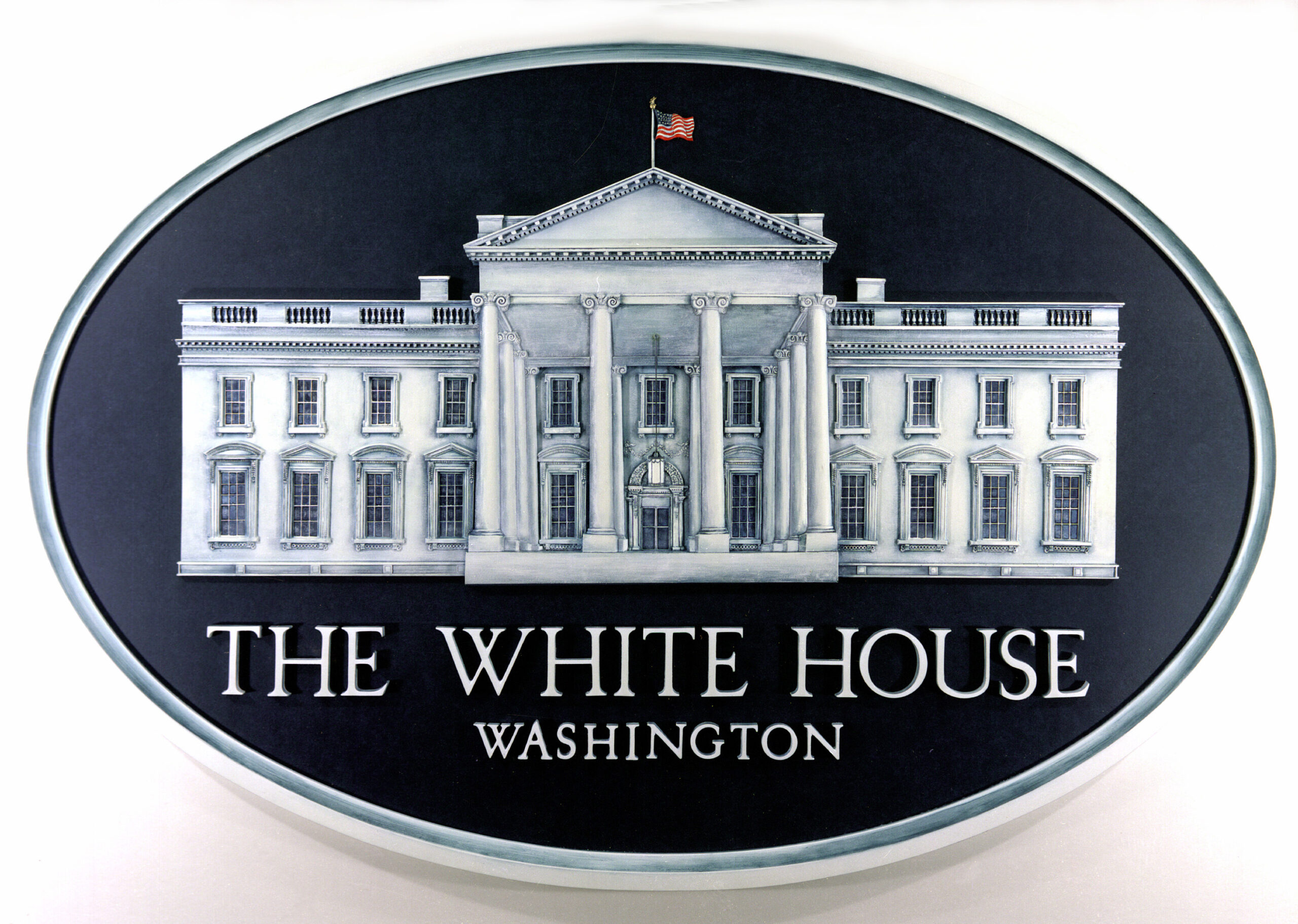
On February 2 at 11 AM (EST), Secretary Sylvia Mathews Burwell of the U.S. Department of Health and Human Services and Michael Botticelli, the director of the White House Office of National Drug Control Policy, held an on-the-record press conference call to discuss major new investments to address the opioid epidemic. Detailing over a billion dollars in new investments, the new initiatives focus on prevention, treatment and enforcement strategies. The President’s new investment for the Fiscal Year 2017 Budget takes a two-pronged approach to addressing this epidemic.
First, as Secretary Burwell explained, “The new funding includes a billion dollars in mandatory spending spread over two years to expand access to treatment for prescription drug abuse and heroin use.” This funding will boost efforts to help individuals with an opioid use disorder seek treatment, successfully complete treatment, and sustain recovery. The focus of this investment will be on evidence-based approaches and medication-assisted treatment (MAT).
The biggest part of the new investment is focused on treatment. To expand access to medication-assisted treatment for opioid use disorders, $920 million will be used to support cooperative agreements with the states. The individual states will receive funds based on the severity of the epidemic in their locale. For example, Secretary Burwell pointed out how the epidemic has hit her home state of West Virginia particularly hard. She has spoken directly to many families who have lost loved ones in the epidemic.
At the same time, the strength of each state’s strategy to respond to the problem will also be gauged. The goal is to have the states use these funds to expand treatment capacity and make services more affordable. In addition, $30 million will be spent to evaluate the effectiveness of treatment programs employing medication-assisted treatment under real-world conditions and help identify opportunities to improve treatment for patients with opioid use disorders.
When asked if such funding would be approved, Director Botticelli, known as the Recovery Czar for his personal experience with long-term sobriety, explained how: “Dealing with the opioid epidemic has a tremendous amount of bipartisan support in Congress. We are committed to working with Congress.”
The second prong of the approach is focused on prevention programs and new enforcement measures. For example, in terms of Health and Human Services funding in 2016, $127 million will be directed towards prevention and educational efforts by the Substance Abuse and Mental Health Services Agency (SAMHSA) and the Centers for Disease Control (CDC). In the meantime, the ONDCP will keep track of how the new efforts are impacting and will continue to impact the overall crisis. As Director Botticelli explained, “We need to ensure that what we are doing is reaching people on the ground in the affected communities.”
